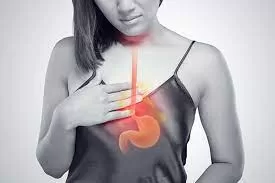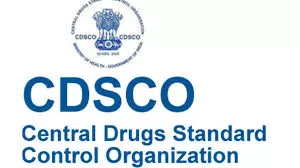The Union Health Ministry has introduced a set of comprehensive guidelines to govern the ethical use of ‘leftover, de-identified, and anonymous’ clinical samples for commercial purposes. This significant move aims to address the growing interest from commercial companies in leveraging these bio-samples for research and development.
The guidelines encompass a wide array of specimens, including organs, cells, tissues, blood, and other bodily fluids. These samples, which are often sourced from patients, autopsies, and tissue banks, have historically been discarded despite their considerable potential in advancing medical research. The new protocols emphasize the necessity of de-identifying these samples to safeguard patient confidentiality while still allowing their use in commercial ventures.
By ensuring that these samples are properly anonymized, the Ministry aims to strike a balance between facilitating groundbreaking research and maintaining stringent ethical standards. The commercial sector has shown a keen interest in utilizing these bio-samples to develop innovative diagnostic kits and therapies. This initiative is poised to enhance patient care and outcomes by fostering the development of new medical technologies and treatments.
The Ministry’s guidelines underscore the ethical responsibility of using clinical samples in a manner that respects patient privacy and autonomy. This approach not only opens up new avenues for medical advancements but also ensures that patient rights are preserved.
This regulatory framework is expected to catalyze significant advancements in medical research and biotechnology. By making previously discarded samples available for scientific exploration, the guidelines pave the way for potentially life-saving discoveries and innovations in healthcare.
In conclusion, the Union Health Ministry’s new guidelines represent a crucial step in the ethical utilization of clinical samples. By de-identifying and anonymizing leftover specimens, these guidelines facilitate valuable research while upholding the highest ethical standards, ultimately benefiting both the medical community and patients.












